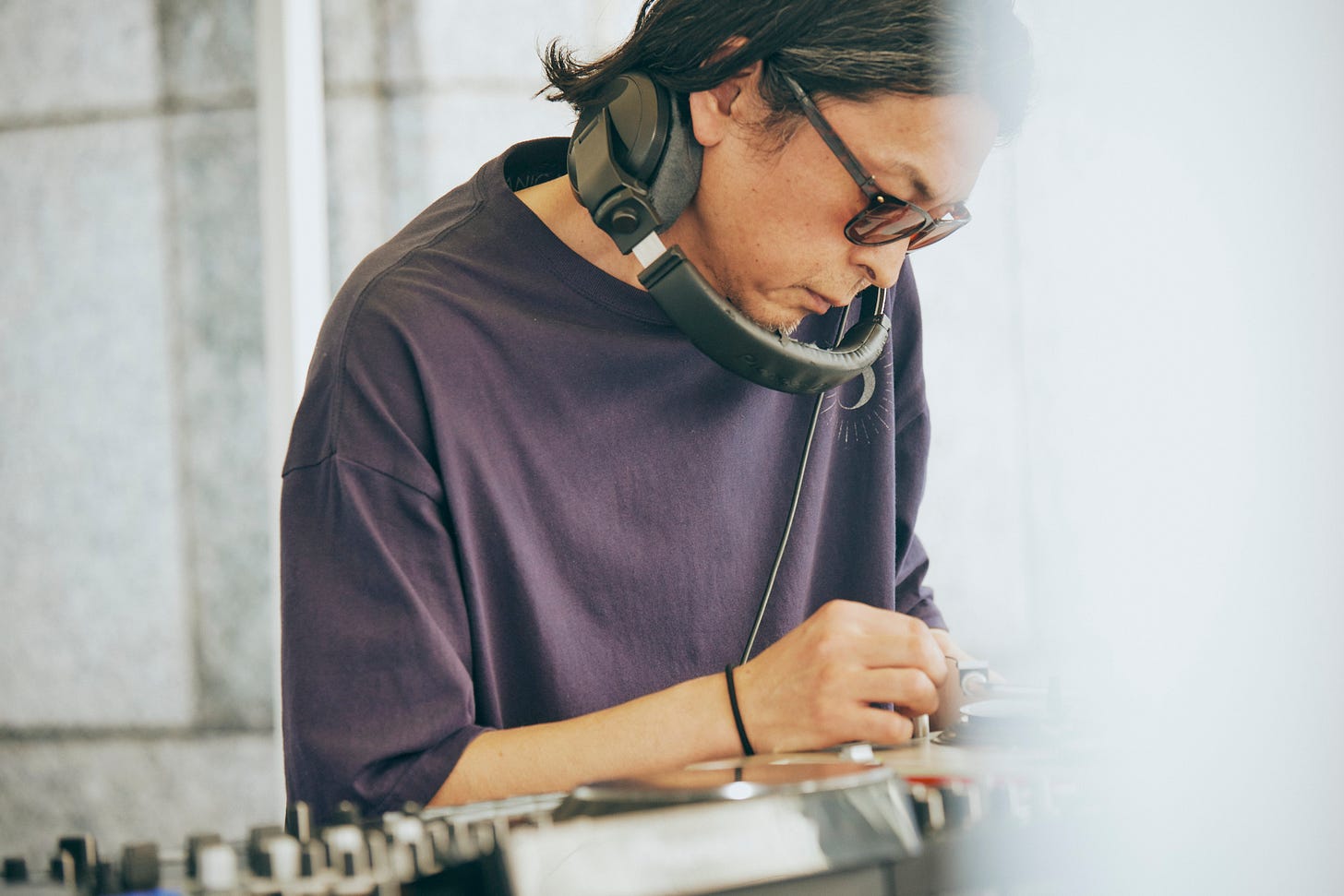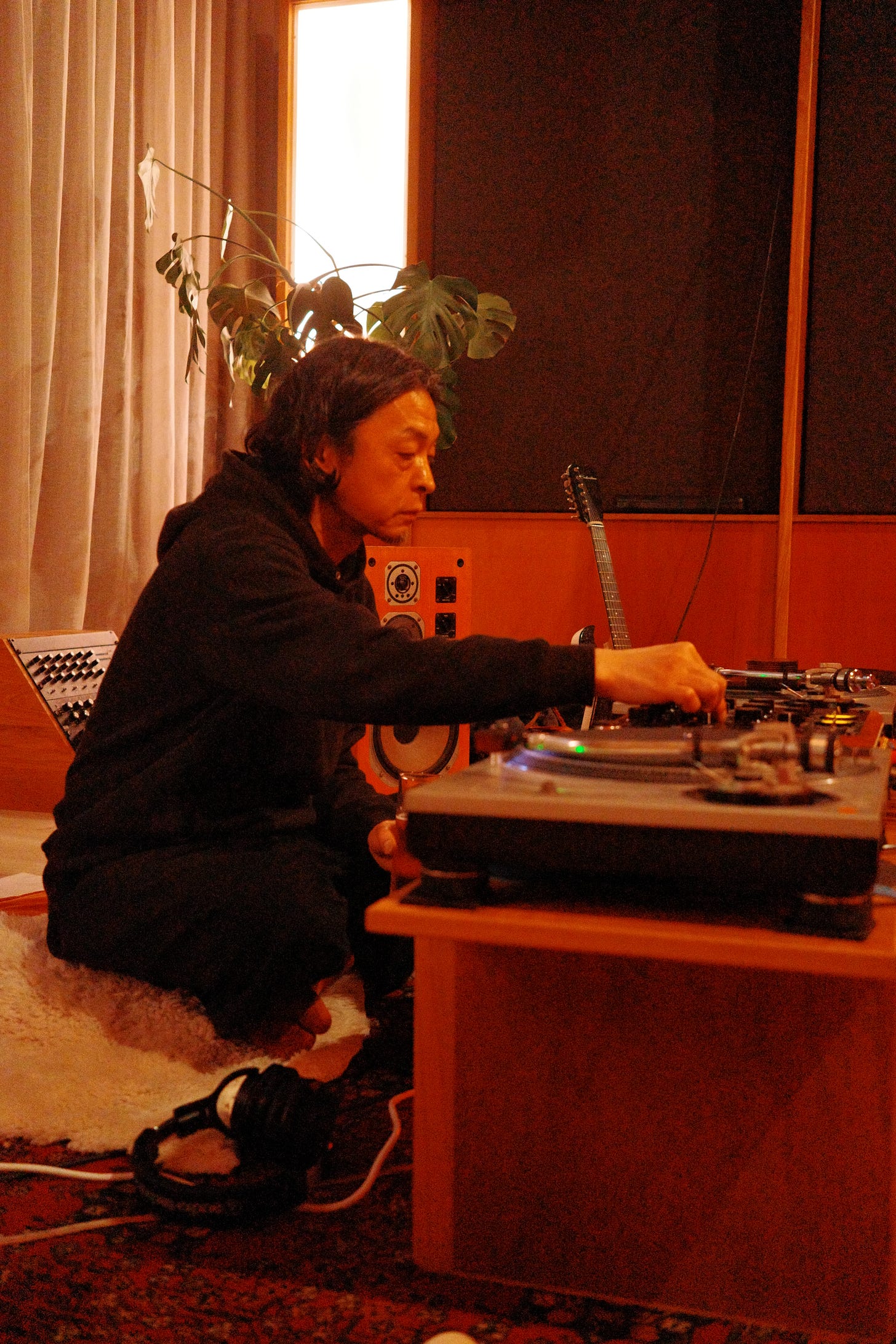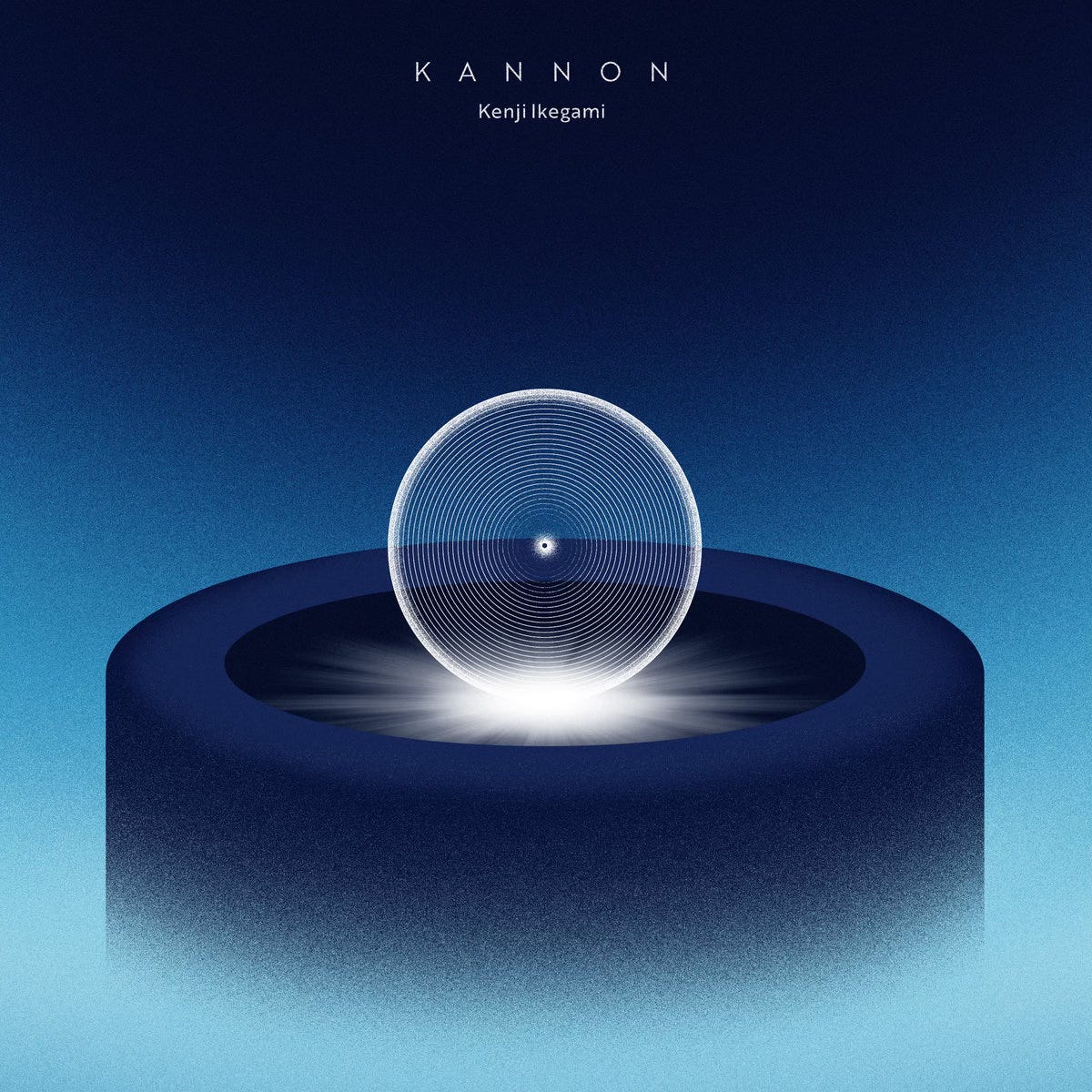Tricycle Interview: Chee Shimizu
My conversation with the Tokyo-based deep listening DJ and a work of ancient-sounding drone-ambient on the Shakuhachi flute
Since 2023, I’ve been a freelance contributor to Tricycle – The Buddhist Review, the leading independent Buddhist journal in the west.
In my pieces, I’ve been exploring the intersection of music and spirituality, interviewing Buddhist musicians such as Miguel Atwood-Ferguson or Joseph Allred, or telling the story of Tony Scott’s Music for Zen Meditation.
For my most recent piece, I’ve had an in-depth conversation with Chee Shimizu, a selector who’s shaped Tokyo’s musical underground for decades. He’s running the Organic Music store, and his record guide Obscure Sound has become a cult book among collectors. He’s also a devout Buddhist.
The Tricycle Foundation is a non-profit educational organization that relies on donations and accepts only very limited advertising. That’s why much of their online content remains exclusive for subscribers.
I am offering a gift link below the paywall so that my paid subscribers can read the full interview (scroll down).
Kenji Ikegami – Kannon (2024)
I also want to draw your attention to this gorgeous recent release that Chee Shimizu produced in collaboration with the Crosspoint label.
Kenji Ikegami is a virtuoso on the shakuhachi, a Japanese bamboo flute sometimes played as an accompaniment of Zen meditation. Shimizu explains that Ikegami builds his own, special flutes, “made from bamboo that he personally digs up from the mountains.”
He tells me about the monks of the Fuge sect, a school of Zen Buddhism known as the Komuso, that played the shakuhachi: “Ikegami breathes new life into this tradition, creating music that transcends time and connects the ancient past with the distant future.”
The two vinyl-side-long pieces on the record fall somewhere between ambient, drone and experimental music, with a deep undercurrent of traditional Japanese sounds.
Kannon layers Ikegami’s sustained flute tones with cello improvisations, while Raven combines them with the percussive sound of another indigenous Japanese instrument, a plucked mouth harp called mukkuri.
Both compositions feel slow and calm-inducing, but their incremental changes are interesting enough for deep listening purposes.





